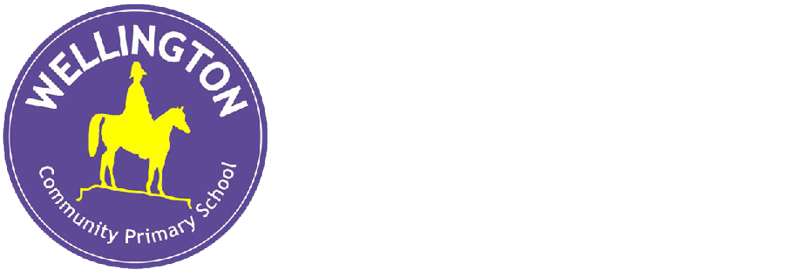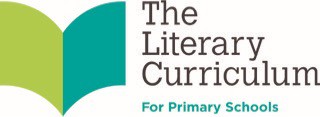Computing
Intent
Computing will equip children to develop their computational thinking and creativity to understand and influence the world around them. They will develop an understanding of how technology is used in the world around them including within their home and school environment.
Computer science forms a key part of the computing curriculum and allows children to develop their resilience, curiosity and problem solving skills through the use of programming and reading code.
In addition to this, children will improve their digital literacy skills to be able to use, express themselves and develop ideas through information and communication technology at a level suitable for them to be active participants in an ever-changing digital world.
Finally, children will explore what makes a good digital citizen in order for them to act in a safe and responsible way whilst online, enabling them to reflect upon the digital footprint they create as well as both the positives and risks associated with being online. As technology evolves, so does the need to help children use it safely and positively. Though our computing curriculum, we teach children about “Digital Balance” — understanding how to enjoy technology safely without letting it take over our free time.
At home, you can help by:
-
Talking regularly about what your child enjoys online and who they might be chatting to (even in games).
-
Using BBC Own It and Childnet for fun videos and games that teach safe online habits.
-
Encouraging “tech-free times” — for example, no devices during dinner or before bed.
-
Setting up devices with child-safe settings and age-appropriate content filters.
For guidance and support, visit:
🔗 BBC Own It – Online Life Advice
🔗 Internet Matters – Screen Time Tips
You can also visit our online safety page for more information and guidance about how to best safeguard your children whilst they're online.






